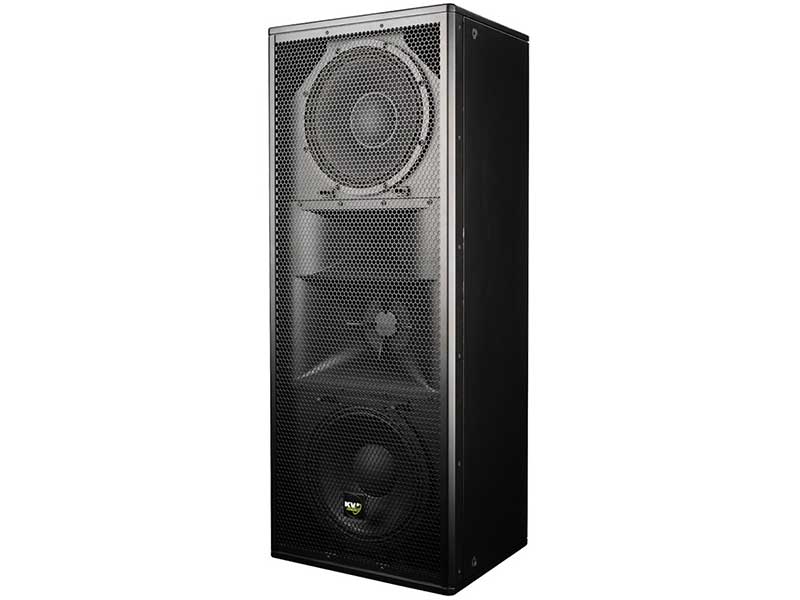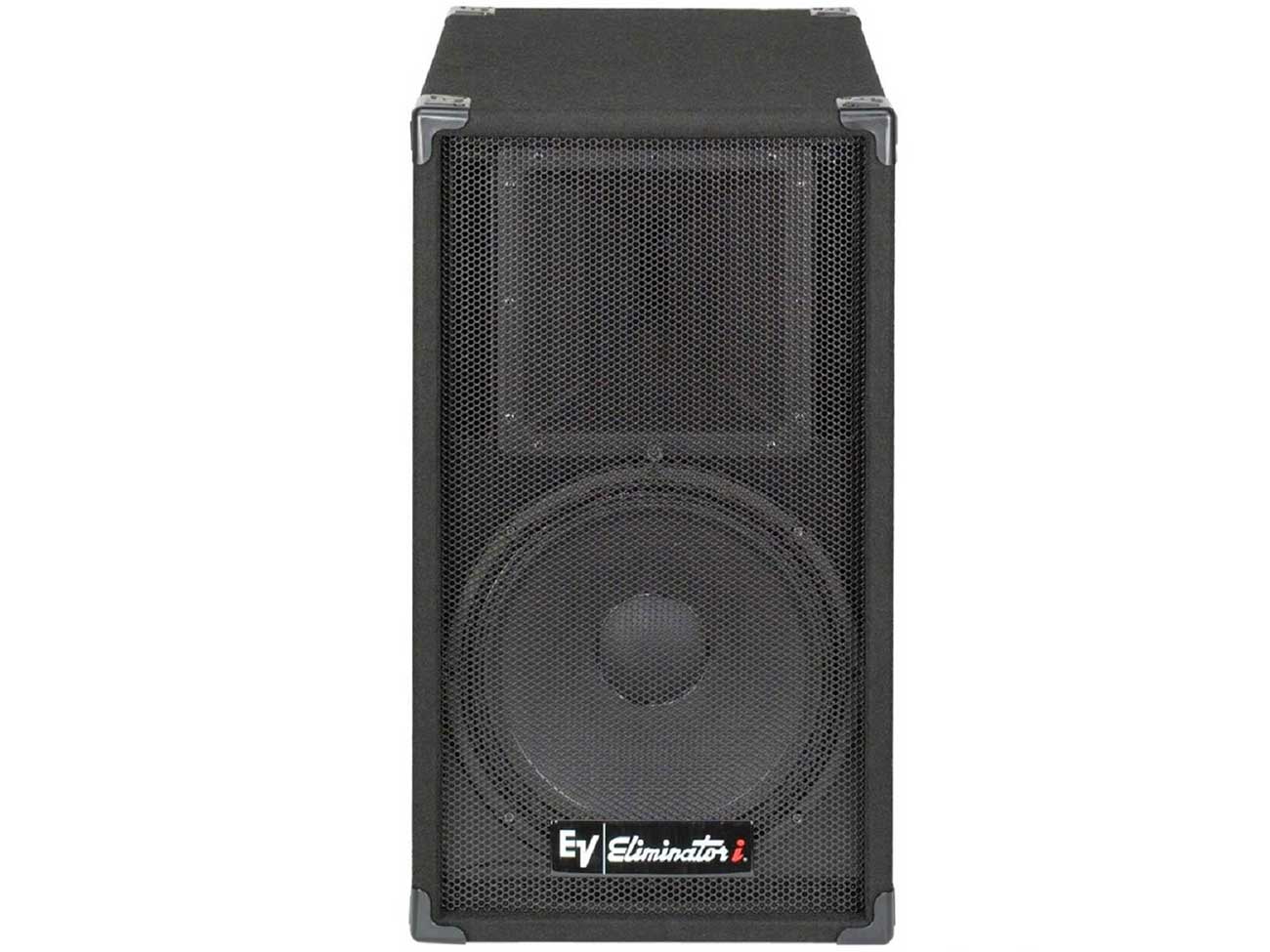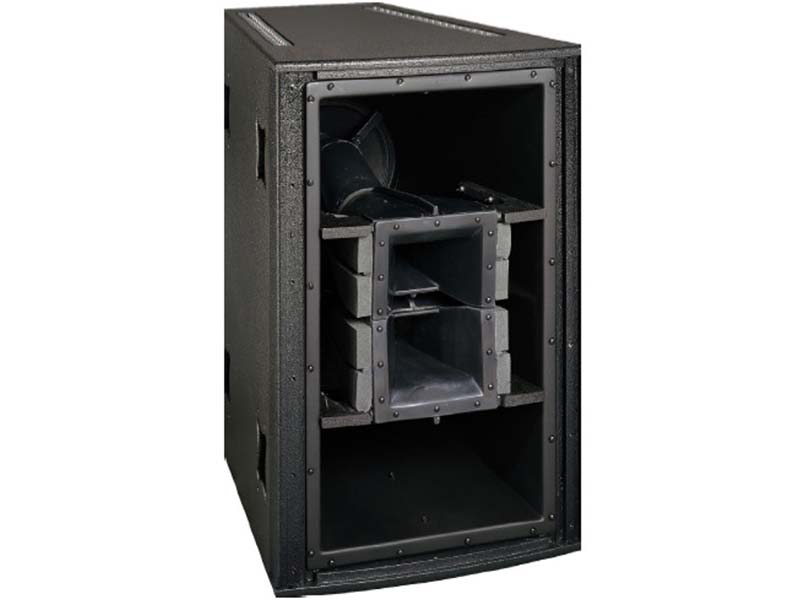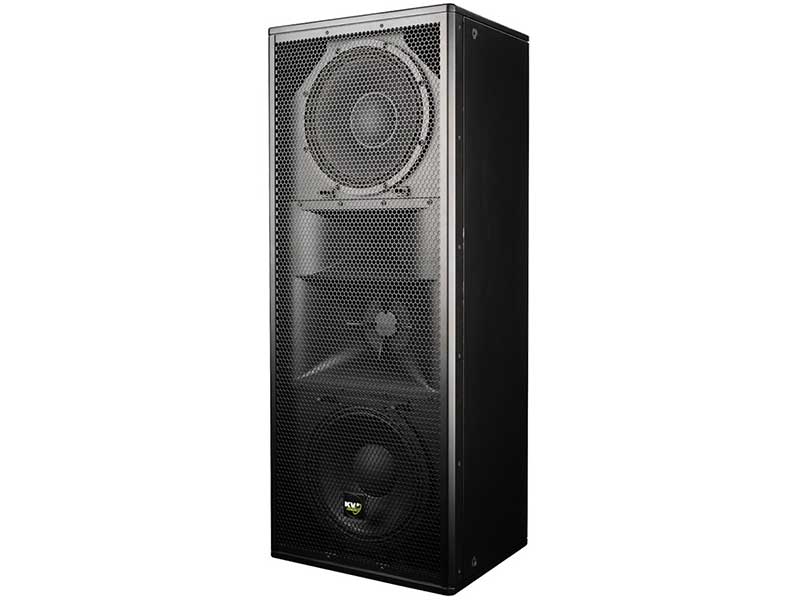Best speakers for small church
13 September 2023

|
In small church settings, finding the perfect sound to enhance worship can be a challenge. The right speakers can make all the difference in creating an immersive and engaging experience for the congregation. But with so many options available, how do you choose the best ones? Importance of sound quality in worship Sound quality plays a crucial role in worship services. It sets the tone for the entire congregation and helps create a sacred atmosphere. Clear and powerful audio can enhance the spiritual journey of the worshippers, allowing them to connect deeply with the message being delivered. On the other hand, poor sound quality can be distracting and hinder the overall worship experience. Small church settings often present unique challenges when it comes to sound. Limited space, acoustical issues, and tight budgets can make it difficult to achieve optimal sound quality. However, with the right speakers specifically designed for small church settings, these challenges can be overcome, and the worship experience can be greatly enhanced. Challenges of sound in small church settings Small church settings often have limited space, which can pose challenges when it comes to sound distribution. Traditional floor-standing speakers may take up too much space and obstruct the view of the congregation. Additionally, small churches may lack the acoustical treatments necessary to ensure optimal sound quality. The combination of limited space and poor acoustics can result in sound reflections, echoes, and a lack of clarity. Budget constraints are another challenge that small churches face. Investing in high-quality audio equipment may not always be feasible, but compromising on sound quality is not an option either. Finding a balance between affordability and performance is essential. Understanding speaker specifications Before diving into the different types of speakers suitable for small church settings, it's important to understand some basic speaker specifications. These specifications will help you make an informed decision based on your specific needs and requirements. Frequency response: This specification indicates the range of frequencies the speaker can reproduce. A wider frequency response ensures that the speaker can accurately reproduce both low and high-frequency sounds, resulting in a more balanced and immersive audio experience. Sensitivity: Sensitivity refers to how effectively the speaker converts power into sound. Higher sensitivity speakers require less power to produce the same volume level as lower sensitivity speakers. In small church settings, where amplifiers may not have high wattage, speakers with higher sensitivity can be a great choice. Power handling: Power handling refers to the maximum amount of power a speaker can handle without distortion. It is important to choose speakers with power handling capabilities that match your amplifier's output to avoid damaging the speakers. Impedance: Impedance is the measure of resistance a speaker presents to the electrical current. It is crucial to choose speakers with the correct impedance to ensure compatibility with your amplifier. Types of speakers for small church settings When it comes to choosing speakers for small church settings, there are several types to consider. Each type has its own advantages and considerations, and selecting the right one depends on factors such as the size of the worship space, the congregation's needs, and budget constraints. Bookshelf speakers: Bookshelf speakers are compact and versatile speakers that can be placed on bookshelves or mounted on the walls. They are ideal for small church settings as they take up minimal space while delivering excellent sound quality. Bookshelf speakers can be used as main speakers or as part of a larger sound system. In-ceiling speakers: In-ceiling speakers are designed to be installed directly into the ceiling, making them virtually invisible. They provide a clean and unobtrusive look while delivering high-quality sound. In-ceiling speakers are a great option for small church settings with limited floor space or aesthetic considerations. Column speakers: Column speakers are tall, slender speakers that can be placed discreetly along the walls. They are designed to provide even sound distribution throughout the worship space. Column speakers are a good choice for small churches with limited floor space and a need for consistent sound coverage. Portable PA systems: Portable PA systems are compact and easy to transport, making them ideal for small church settings that require flexibility. These systems typically include a mixer, amplifier, and speakers in one unit. Portable PA systems are a convenient option for small churches that need a versatile and easy-to-use audio solution. |
 |
|
Factors to consider when choosing speakers When selecting speakers for small church settings, several factors should be taken into consideration to ensure you choose the best option for your specific needs. Sound quality: The primary objective is to achieve clear and balanced sound. Consider speakers that offer a wide frequency response, accurate reproduction, and good dispersion to ensure even sound coverage throughout the worship space. Durability: Look for speakers that are built to withstand the rigors of regular use. Churches often have multiple services and events, so choosing speakers with robust construction and quality materials will ensure longevity. Ease of use: Opt for speakers that are easy to install and operate. This is especially important if your church does not have a dedicated sound technician. Features such as simple controls, quick setup, and intuitive interfaces can greatly simplify the audio setup process. Affordability: Budget considerations are important for small churches. Look for speakers that provide good value for money without compromising on sound quality. It's worth investing in quality speakers that will last longer and deliver better performance over time. Best speakers for small church settings - recommendations and reviews Yamaha NS-6490 Bookshelf Speakers: These bookshelf speakers from Yamaha offer excellent sound quality and durability at an affordable price. With a 3-way design and 8-inch woofer, they provide rich and immersive sound. The sturdy construction ensures longevity, making them a great investment for small churches. JBL Control 24CT In-Ceiling Speakers: Designed specifically for ceiling installation, these JBL speakers deliver high-quality audio while remaining discreet. The 4-inch coaxial driver provides clear and balanced sound, and the low-profile design blends seamlessly with any worship space. The Control 24CT speakers are easy to install and offer reliable performance. Bose Panaray 802 Series IV Column Speakers: Bose is known for its exceptional sound quality, and the Panaray 802 Series IV column speakers are no exception. With 8 full-range drivers arranged in a slim enclosure, these speakers deliver consistent and even sound coverage. They are ideal for small churches that require powerful and immersive sound. Behringer Europort PPA2000BT Portable PA System: This portable PA system from Behringer offers a complete audio solution for small church settings. With a built-in mixer, amplifier, and speakers, it provides versatility and ease of use. The system features Bluetooth connectivity, allowing for wireless streaming of music and audio from smartphones or tablets. Setting up and optimizing speakers for worship Once you have chosen the speakers, proper setup and optimization are crucial to achieving the best sound quality. Consider the following tips: Positioning: Experiment with speaker placement to find the optimal position for sound distribution. Avoid placing speakers too close to walls or corners, as this can result in unwanted reflections and boomy bass. Acoustic treatment: If your church has acoustical issues, consider adding acoustic panels or diffusers to improve sound quality. These treatments can help reduce echoes and reflections, resulting in clearer and more intelligible audio. Equalization: Use an equalizer to adjust the sound frequencies according to the acoustics of your worship space. This can help compensate for any frequency imbalances and optimize the overall sound quality. Soundcheck and testing: Before each service, perform a thorough soundcheck to ensure all audio components are functioning properly. Test the sound levels and make any necessary adjustments to ensure a balanced and clear sound. |
 |
|
Additional audio equipment for enhanced sound quality In addition to speakers, there are other audio equipment that can further enhance the sound quality in small church settings. Subwoofers: Subwoofers are specialized speakers designed to reproduce low-frequency sounds, such as deep bass. Adding a subwoofer to your sound system can provide a fuller and more immersive audio experience, especially for music-driven worship services. Microphones: Depending on your worship style, microphones can be essential for capturing the voices of worship leaders, pastors, and musicians. Choose microphones that are suitable for vocal or instrument applications and ensure they are properly placed and adjusted for optimal sound pickup. Audio mixers: Audio mixers allow you to control and adjust the levels of various audio sources, such as microphones, instruments, and playback devices. They are essential for achieving a balanced mix and ensuring that all audio components work together harmoniously. Amplifiers: Amplifiers increase the power of the audio signal, ensuring that it can drive the speakers effectively. Choosing the right amplifier for your speakers is important to avoid distortion and maximize sound quality. Conclusion: Elevating worship through quality sound Finding the perfect sound to enhance worship in small church settings is a journey that requires careful consideration and research. By understanding the importance of sound quality, the challenges of small church settings, and the different types of speakers available, you can make an informed decision. Consider factors such as sound quality, durability, ease of use, and affordability when choosing speakers. Take advantage of the recommended speakers and additional audio equipment to enhance the worship experience for your congregation. Remember that proper setup, optimization, and regular maintenance are essential for achieving the best sound quality. Invest time in soundcheck and testing before each service to ensure a balanced and clear sound. Through the use of quality speakers and audio equipment, you can elevate worship in your small church, creating a sacred atmosphere where the congregation can connect deeply with the message being delivered. Let the perfect sound enhance the spiritual journey of your worshippers and create a memorable worship experience. |
 |
